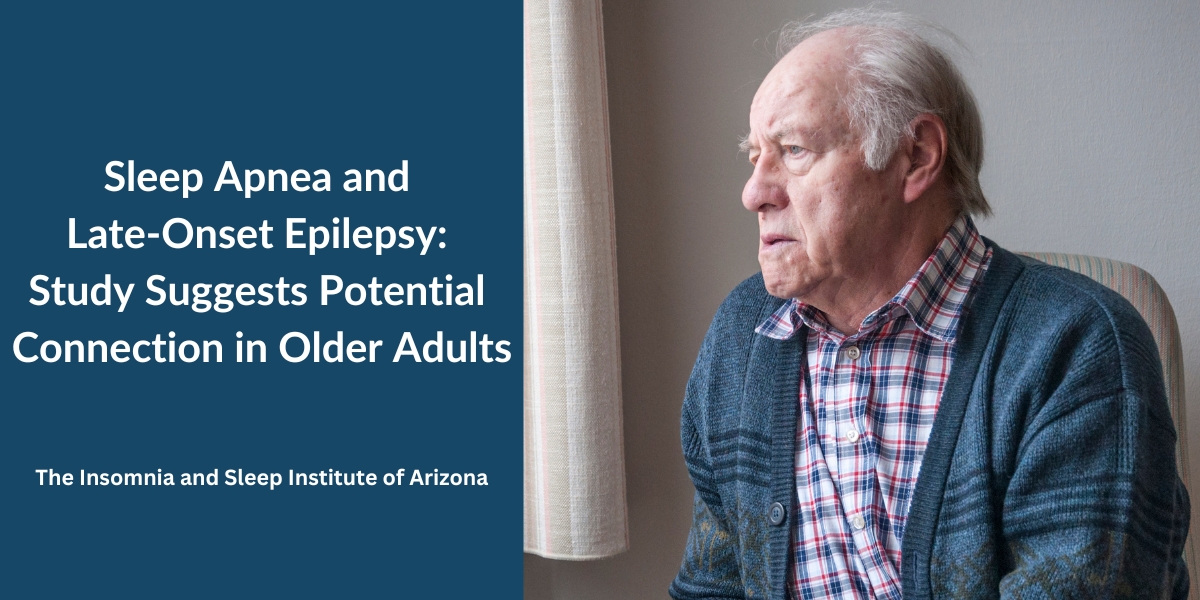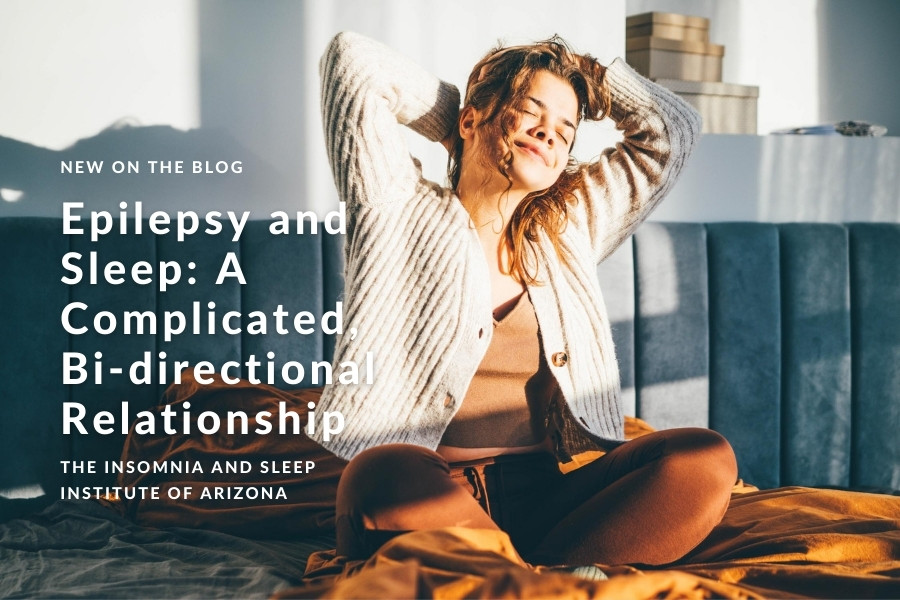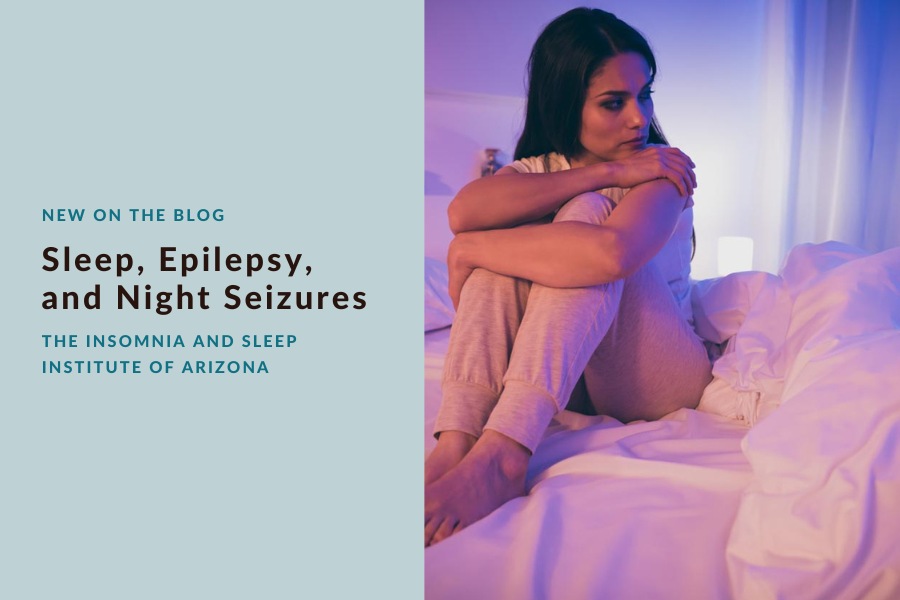Sleep Apnea and Late-Onset Epilepsy: Study Suggests Potential Connection in Older Adults
Ruchir Patel2024-12-13T13:53:48-07:00Sleep apnea disrupts sleep, causing frequent breathing pauses that leave you gasping for air. It's a common condition but can be especially challenging for older adults. Adding to the concern, epilepsy, which causes seizures, also becomes more likely as we age. A new study suggests









